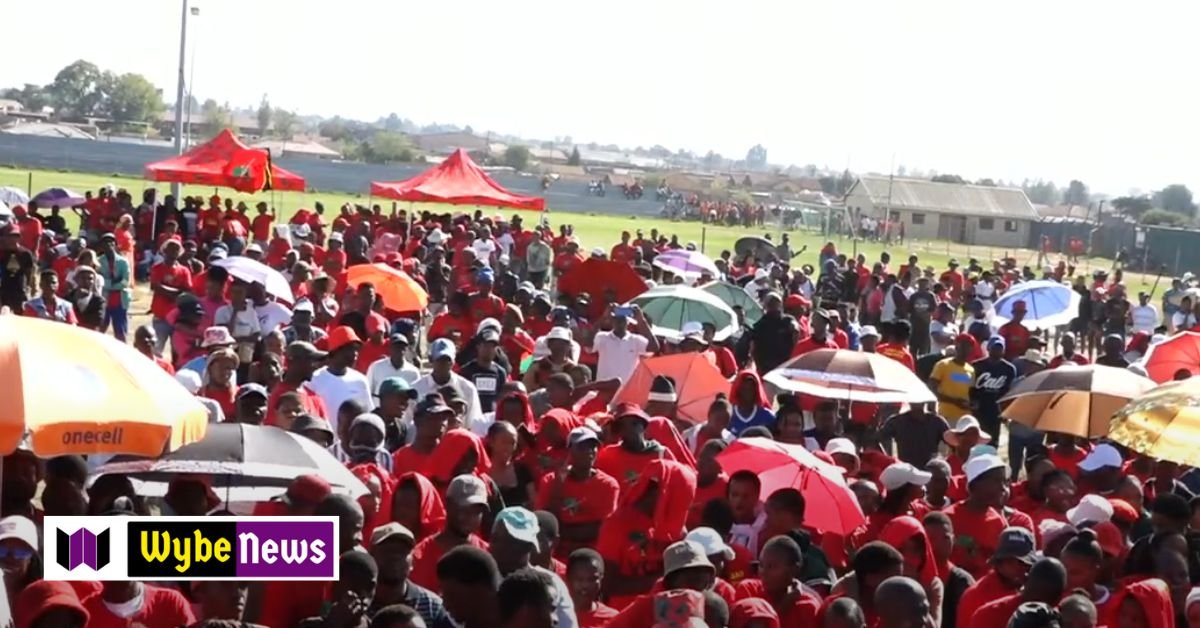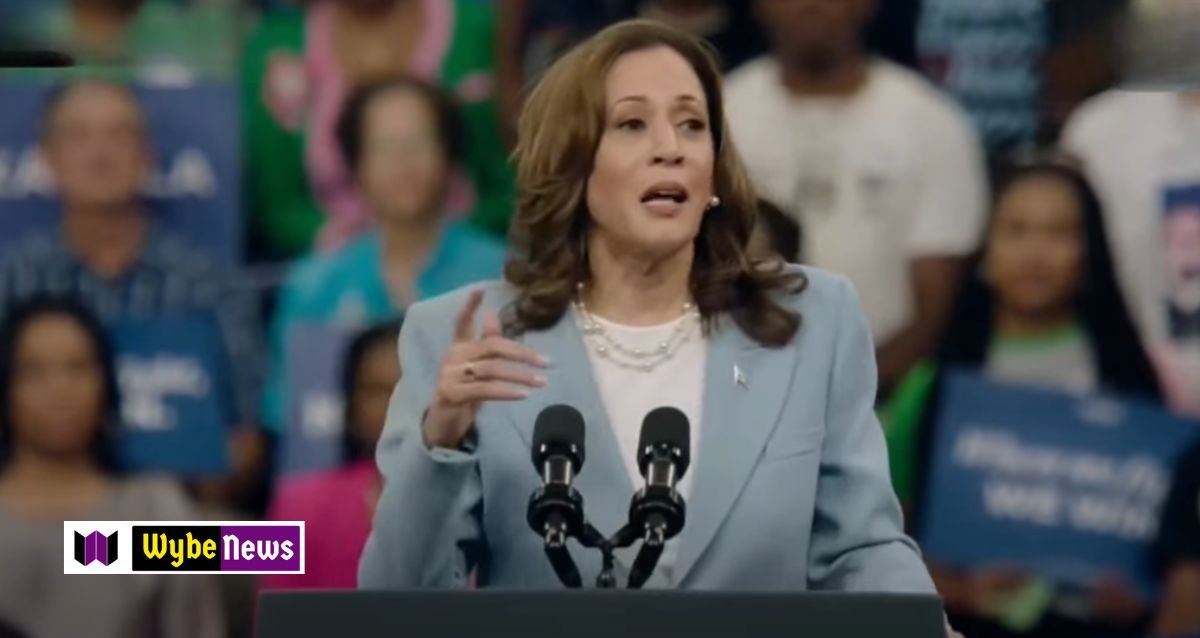Namibia Economic Freedom Fighters Stand with Julius Malema Ahead of Pivotal South African Elections

The NEFF’s Endorsement and Its Regional Significance
The Namibia Economic Freedom Fighters (NEFF) have publicly thrown their support behind Julius Malema and his Economic Freedom Fighters (EFF) party as South Africa approaches its national elections. This endorsement is not merely a political gesture but a significant act of regional solidarity that underscores a shared ideological commitment to black economic empowerment. The NEFF’s deputy leader, Kalimbo Iipumbu, voiced strong confidence that the ruling African National Congress (ANC) will face a significant defeat, attributing this anticipated downfall to the ANC’s failure to revitalize the South African economy.
Iipumbu’s statements reflect a broader regional sentiment that liberation movements have not delivered on urgent economic reforms, leading to their decline in national support. The endorsement by the NEFF is a clear indication of the dissatisfaction with the status quo and a call for transformative economic policies that prioritize the needs of the marginalized populations. This alignment with the EFF signifies a united front for transformative economic policies across Southern Africa, aiming to shift the current political and economic landscape towards greater economic justice and structural change.
The NEFF and EFF share a common vision of black economic empowerment, which entails addressing historical injustices and fostering economic inclusivity. Their collaboration highlights the importance of regional partnerships in tackling systemic economic disparities. This united stand is not just about influencing the South African elections but also about setting a precedent for other Southern African nations struggling with similar economic challenges.
By endorsing Julius Malema and the EFF, the NEFF is advocating for a new economic order that challenges entrenched interests and promotes equitable development. This move could potentially reshape the political dynamics in the region, encouraging other political entities to consider more radical economic reforms. The NEFF’s endorsement thus carries significant weight, signaling a shift towards a more collaborative and assertive approach in addressing economic issues that have long plagued the region.
The endorsement of Julius Malema’s Economic Freedom Fighters (EFF) by the Namibia Economic Freedom Fighters (NEFF) is poised to exert substantial influence on regional politics and economic policies. As South Africa approaches its pivotal elections, the NEFF’s show of solidarity stands to bolster the EFF’s position, potentially amplifying their calls for radical economic transformation. This endorsement is not merely symbolic; it represents a shared commitment to policies that advance black economic empowerment, which could herald significant shifts in the political and economic landscape of Southern Africa.
The NEFF and EFF’s alignment underscores a potential shift away from traditional liberation movements toward emergent political forces advocating for structural economic change. The historical political fabric of the region, often dominated by parties rooted in liberation struggles, may be on the cusp of transformation. The NEFF’s support for the EFF could prompt other political entities in Southern Africa to reevaluate their own strategies and priorities, potentially reshaping the future trajectory of regional politics and economic policies.
This strategic alliance suggests a collective demand for economic justice and reform, resonating across borders. The policies championed by both the NEFF and EFF, focusing on land reform, nationalization of resources, and wealth redistribution, are likely to gain traction. If the EFF’s position is significantly strengthened in the upcoming elections, it could lead to increased pressure on neighboring countries to adopt similar radical economic policies.
Moreover, this endorsement comes at a critical juncture, not only for South Africa but for the entire region. As these political forces gain momentum, they could inspire a wave of socioeconomic reforms that prioritize the needs of historically marginalized communities. The potential realignment of political forces may also influence international perceptions and relations, as global actors reassess their engagements with a region undergoing profound economic and political changes.






